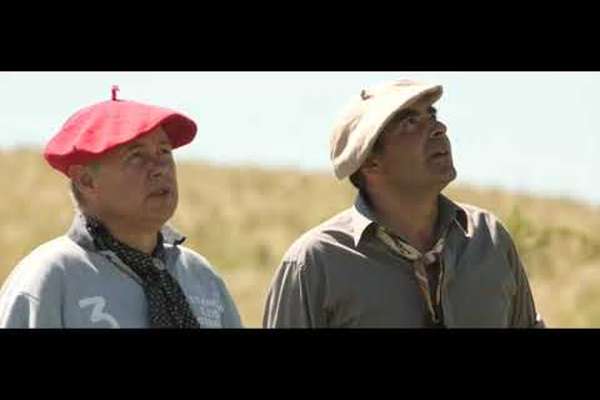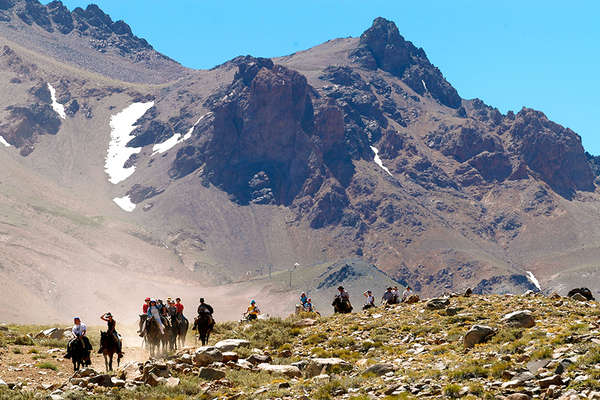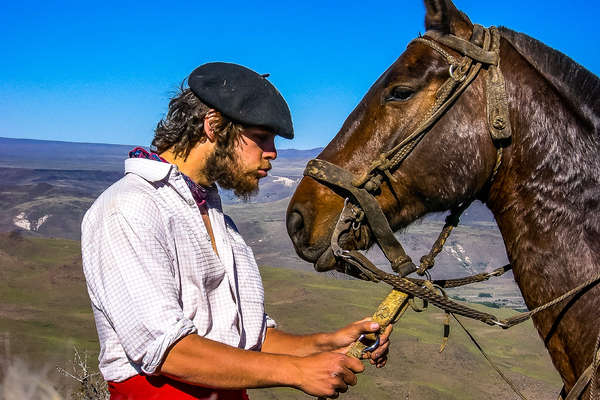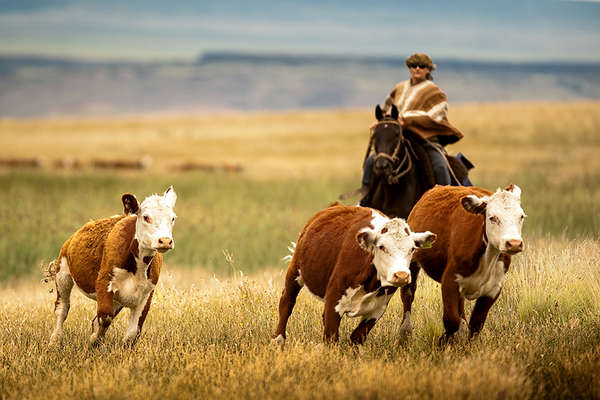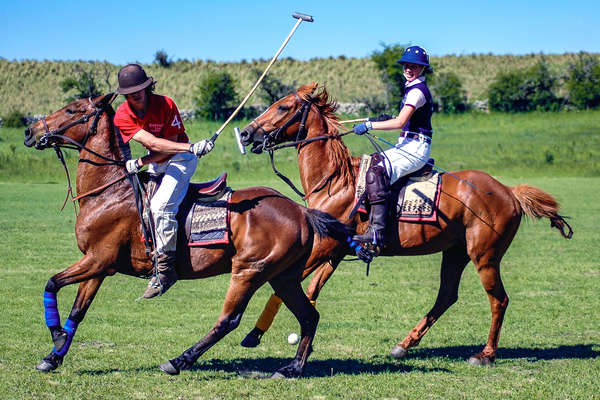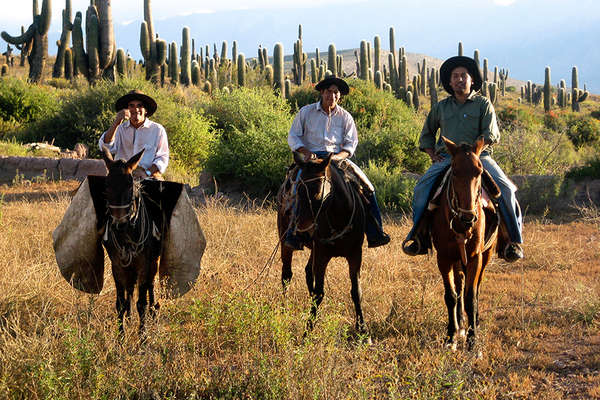

From the horse’s mouth
All trips


Estancia Los Potreros
Guaranteed departures

Wild Patagonia

A Ride at the End of the World
Guaranteed departures
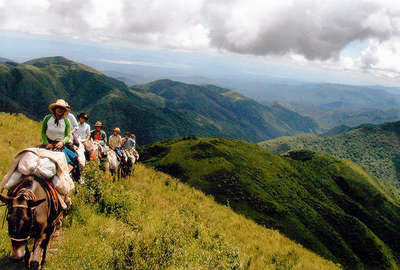
Salta High Inca Trail

Cattle Drive On The Inca Trails
Guaranteed departures

Crossing the Andes at Aconcagua
Visa & Health
Formalities
Addresses of consulates
- Ambassade d’Argentine en France6, rue Cimarosa75116 ParisTél. : 01.44.05.27.00Fax :
- Ambassade de France en ArgentineCerrito 1399C1010ABC Buenos airesTél. : 54 11 4515 7030Fax :
- Embassy of Argentina65 Brook StreetW1K 4AH LondonTél. : +44 020 7318 1300Fax :
Health
Insurance
Voltage
Budget and money
Telephone and jetlag
Country information
Country ID
Socio-economical data
History
Geography
People, culture and traditions
Choosing the right riding holiday
Choosing the right riding holiday
There are many different riding holiday options in Argentina. The wide open spaces make it an ideal destination for trail rides, and the vastness of the country means that you can visit year round.
Argentina is a southern hemisphere destination and so their winter is our summer, and vice versa. This is important if you wish to visit the southern parts of the country, such as Patagonia, as the season is limited and horse riding is only possible during the summer months. This area is a mecca for skiing during the winter months, but all that snow closes the high passes to horses. During the summer months of October - April you can cross the Andes from Bariloche to the Chilean Lake District on a fantastic pack trip - the Andes Grand Traverse, or relax at the comfortable Estancia Huechahue, where you can ride as much as you wish across the pampas.
Further north, but still within the high mountain ranges of the Andes and therefore limited to their summer season, you can Cross to Chile at Aconcagua on a fantastic pack trip which reaches heights of 4,500m.
Further north again is the dry and desert-like Salta ride - this region is so far north that even the Andes can be ridden through in the winter months.
For a true year-round destination there is Estancia Los Potreros. Situated north of Buenos Aires, but south of the dry Salta region, they experience lovely summers and mild winters. Try your hand at Polo, watch the gaucho's at work or follow riding trails across the beautiful rolling hills.

